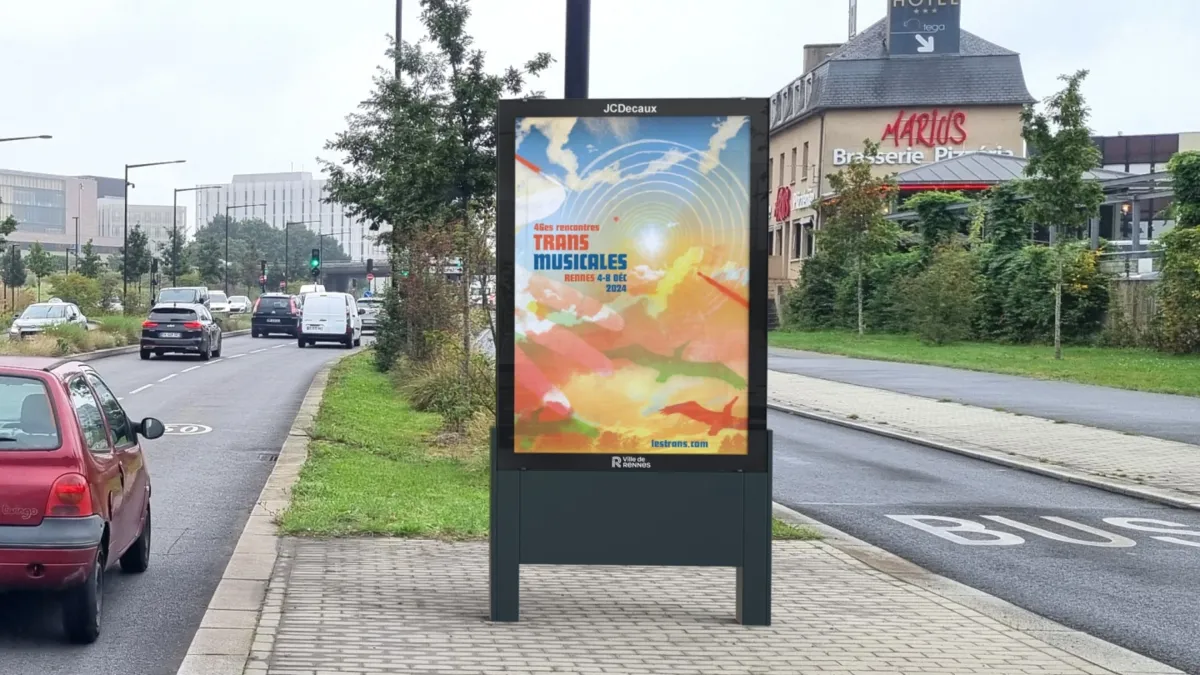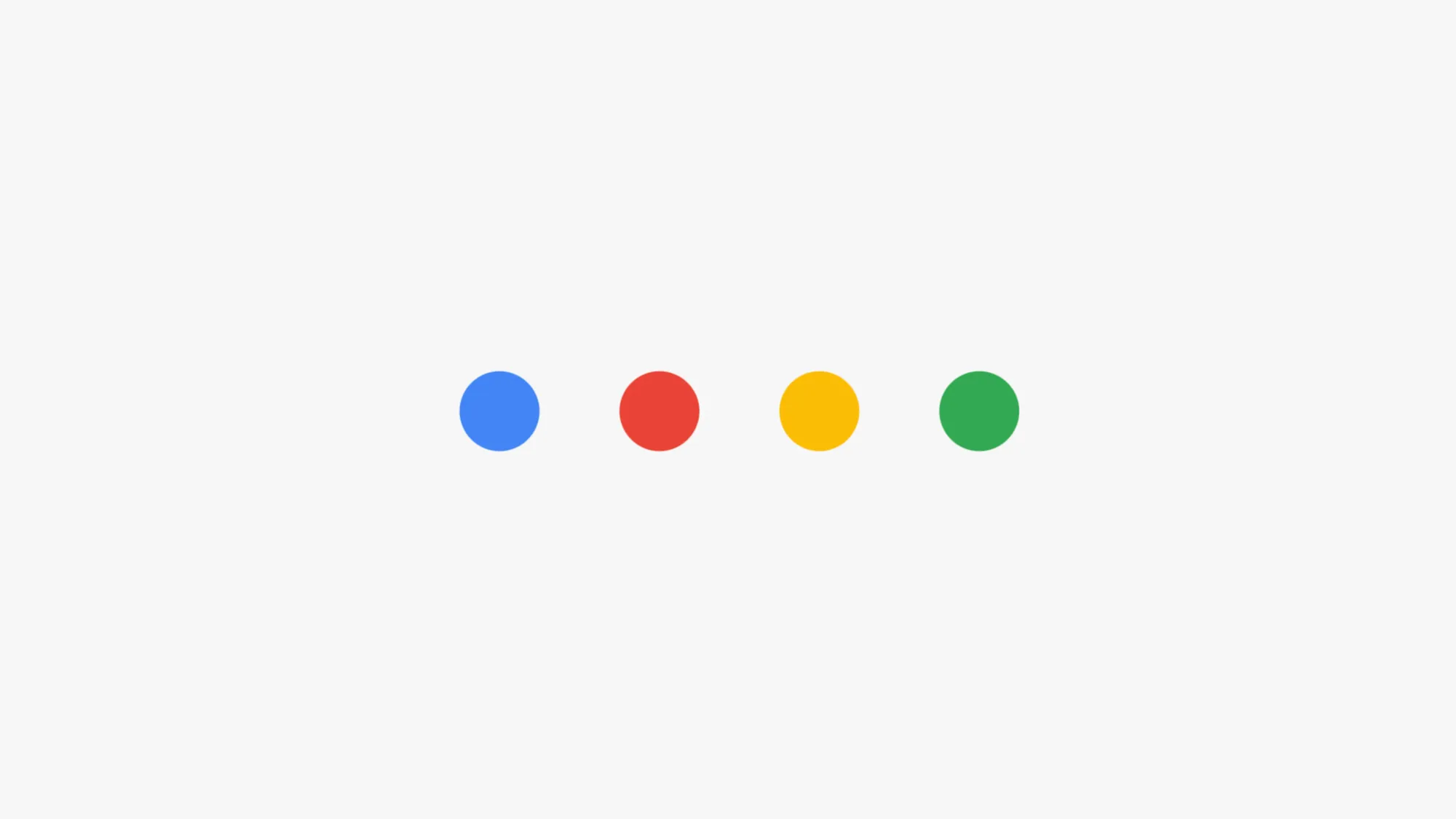
JCDecaux, the global leader in outdoor advertising, has been awarded a significant 9-year contract by the City of Rennes for city information panels, following a competitive tender process announced today, April 14, 2025. The contract marks the company's return to the French city after an extended absence from this specific market.
The agreement covers the comprehensive refurbishment of 300 existing 2m² City Information Panels (CIPs), totaling 900 advertising panels, along with 50 service information hubs. The contract also includes provisions for up to 36 additional 2m² CIPs that may be deployed throughout the duration of the agreement. This substantial infrastructure project will both enhance urban communication services and incorporate notable environmental improvements in Rennes, a city with a population of 227,000.
According to Jean-Charles Decaux, Chairman of the Executive Board and Co-Chief Executive Officer of JCDecaux, "We are delighted and honoured by the trust placed in us by the City of Rennes. This new contract allows us, after many years of absence, to regain this market, reaffirming our commitment to the area."
The contract emphasizes sustainability through multiple technical innovations. The street furniture will feature remotely controllable 'intelligent' lighting systems paired with energy-efficient LED technology. These advanced lighting solutions are expected to achieve energy consumption reductions of up to 50% compared to conventional systems. Furthermore, JCDecaux has committed to renewing 80% of its vehicle fleet with low-emission electric vehicles, targeting a 20% reduction in gCO2/km emissions by 2030.
Water conservation measures feature prominently in the operational aspects of the contract. The company will implement rainwater collection systems at its local depot, which will be utilized for cleaning the street furniture. This approach reduces dependence on the municipal water network while maintaining cleanliness standards throughout the city.
The refurbishment project balances technological advancement with environmental responsibility. All units will be customized to incorporate the City of Rennes' brand colors, maintaining visual consistency with the municipality's established identity. The project's design philosophy prioritizes the circular economy, optimizing the environmental footprint while ensuring high-performance functionality.
Want to reach marketing professionals and decision-makers? Showcase your brand, tools, or services with our sponsored content opportunities.
JCDecaux's longstanding presence in the broader Brittany region has established operational foundations that will support this new contract. "With over 50 years of partnership with many municipalities in Ille-et-Vilaine and Brittany, our local teams are already in place and working daily in the area," Jean-Charles Decaux stated. This regional experience will facilitate the implementation of the contract's requirements.
The contract represents a significant infrastructure investment for Rennes. The 300 existing CIPs plus the potential 36 additional installations constitute a substantial urban communication network. The 50 service information hubs will provide residents and visitors with access to municipal information at strategic locations throughout the city.
The financial model underpinning the contract follows JCDecaux's established approach to municipal partnerships. "Since its creation in 1964, JCDecaux's development model has enabled the provision of free street furniture and services, funded by advertising that are accessible to all, environmentally friendly and that create real value for the regions," explained Jean-Charles Decaux. This model allows cities to provide enhanced public amenities without direct costs to taxpayers.
The contract's implementation will begin immediately, with JCDecaux mobilizing its operational teams to commence the refurbishment process. The company's experience in managing similar contracts globally provides a foundation for efficient execution. JCDecaux currently maintains a presence in 3,894 cities worldwide with populations exceeding 10,000 inhabitants.
The company's global reach extends across more than 80 countries, where its advertising panels reach an estimated daily audience of 850 million people. This expansive network includes 629,737 street furniture advertising panels, making JCDecaux the world leader in this category. The company similarly holds top positions in transport advertising and billboard advertising across multiple regions.
In transport advertising specifically, JCDecaux manages contracts with 157 airports and 257 agreements covering metros, buses, trains, and tramways. These operations encompass 340,848 advertising panels globally. The company's billboard operations are especially prominent in Europe, where it maintains market leadership with 83,472 advertising panels worldwide.
Sign up for PPC Land
Your go-to source for digital marketing news. Get the latest updates from Google, Meta, Amazon, and The Trade Desk. Stay informed on ad tech innovations, programmatic trends, and policy changes.
No spam. Unsubscribe anytime.
JCDecaux's broader environmental commitments extend beyond the Rennes contract. The company has achieved recognition for its sustainability initiatives, including approval of its carbon reduction trajectory by the Science Based Targets initiative (SBTi). This commitment has led to JCDecaux's inclusion in the Euronext Paris CAC® SBT 1.5° index, which specifically recognizes companies with validated science-based targets aligned with limiting global warming.
Additional environmental certifications include an "A" rating from CDP, an "AAA" rating from MSCI, a 13.1 score from Sustainalytics, and Gold Medal status from EcoVadis. JCDecaux was also the first outdoor media company to join the RE100 initiative, which commits businesses to 100% renewable electricity.
The Rennes contract aligns with broader trends in municipal infrastructure development, where cities increasingly seek sustainable solutions that enhance public services without increasing budgetary pressures. For municipalities, partnerships with outdoor advertising companies provide a mechanism to fund infrastructure improvements through commercial revenues rather than public expenditure.
The technical specifications of the contract reflect evolving standards in urban furniture design. The remotely controllable lighting systems enable adaptive illumination based on environmental conditions and time of day, optimizing energy use while maintaining visibility and security. LED technology reduces both energy consumption and maintenance requirements, providing long-term operational efficiencies.
The contract's 9-year duration provides stability for both parties. For the City of Rennes, this timeframe ensures consistent service delivery and maintenance without frequent procurement processes. For JCDecaux, the extended period allows for amortization of capital investments in the infrastructure upgrades, making the financial model sustainable.
The market significance of this contract extends beyond the immediate relationship between JCDecaux and Rennes. For marketing professionals, this agreement demonstrates several important industry developments. First, it highlights the continuing relevance of physical advertising media in an increasingly digital world. Second, it shows how sustainability has become a fundamental requirement rather than an optional enhancement in major advertising infrastructure contracts. Third, it illustrates the integration of traditional advertising spaces with smart city technologies.
The contract also reveals the competitive dynamics in the outdoor advertising sector. JCDecaux's return to the Rennes market after "many years of absence" indicates the strategic importance of securing presence in key urban centers. For marketers considering outdoor media strategies, understanding these competitive shifts helps inform campaign planning and media buying decisions.
The customization of the panels to carry the City's brand colors demonstrates the evolution of municipal branding strategies. Cities increasingly approach their visual identity with the same strategic mindset as commercial entities, creating consistent brand experiences across all touchpoints. This trend creates opportunities for marketers to align campaigns with local identity elements, potentially increasing relevance and acceptance.
For advertising agencies and brands, the refurbishment of Rennes' city information panels provides modernized infrastructure for campaigns targeting the city's 227,000 residents plus visitors. The improvements in lighting technology may enhance visibility and impact, particularly for evening and nighttime display periods. The environmental enhancements also offer brands the opportunity to associate with sustainability initiatives through their media placement choices.
The street furniture's dual function – providing both advertising space and municipal information – exemplifies the blending of commercial and public service functions in urban environments. This hybridization creates contexts where commercial messages appear alongside civic information, potentially influencing how audiences perceive and engage with the advertising content.
Timeline of JCDecaux's Rennes Contract
- April 14, 2025: Announcement of JCDecaux winning the 9-year contract following competitive tender
- Contract covers refurbishment of 300 existing 2m² City Information Panels and 50 service information hubs
- Provision for up to 36 additional 2m² CIPs throughout contract duration
- Environmental targets include 50% energy savings through intelligent lighting and LED technology
- Fleet renewal targeting 20% reduction in gCO2/km emissions by 2030
- Rainwater collection systems to be implemented at local depot for furniture cleaning
- All units to be customized with City of Rennes brand colors
- Contract represents JCDecaux's return to Rennes market after extended absence
- Implementation builds on company's 50+ years of partnerships in Ille-et-Vilaine and Brittany region


